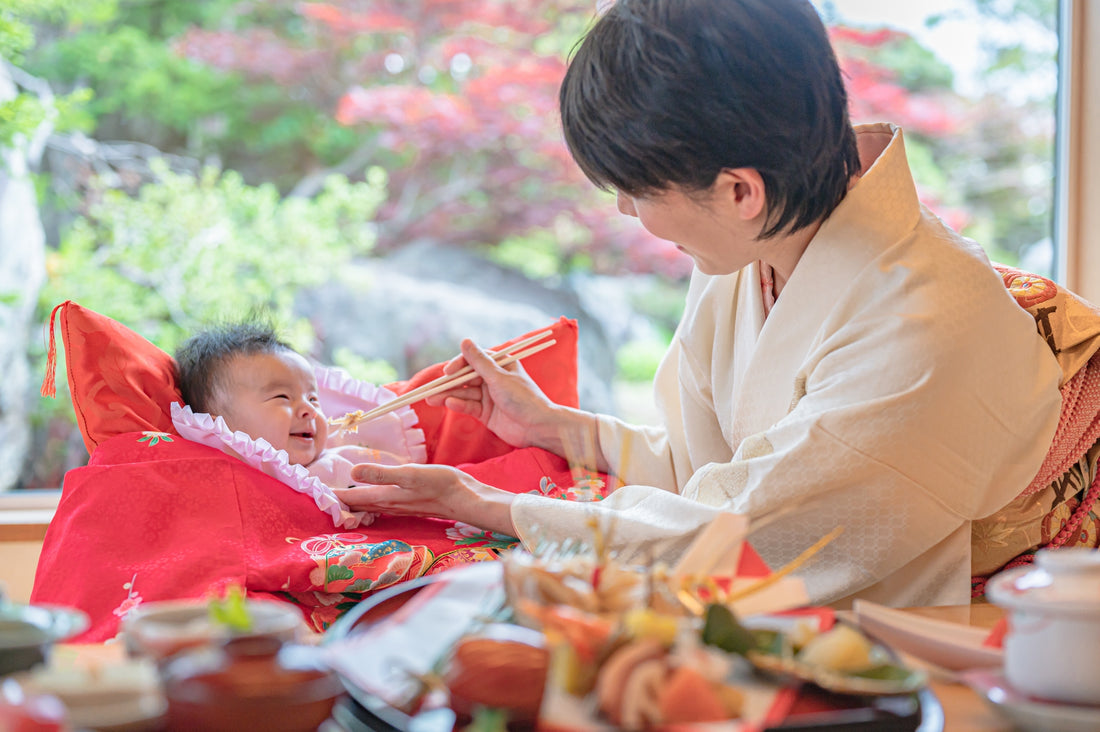In most Asian countries, chopsticks are usually shared with family members within the household just like in most European countries, spoons, forks, and knives are shared. But Japanese people have a set of their own chopsticks (also rice bowl) and do not share them with other family members. Why?
A Japanese person will start their day using chopsticks for breakfast, and using them at every single meal throughout the day. We use chopsticks for Okuizome -also known as the first weaning ceremony, a traditional ritual held on the 100th day after the birth of a baby to wish the baby will always have enough food to eat in his/her life by sharing a celebratory meal with family and friends. And at funerals, we pick up the bones of the deceased with chopsticks.
In the old Japanese language, the word chopstick or "hashi" 箸 means bridge between two worlds or a bridge that connects a high place to the ground. It was believed that the tips of the chopsticks belonged to humans, while the upper part belonged to God. It was believed to be a tool that serves as a bridge between man and God. Also, ancient Japanese believed that if one puts the chopstick in ones mouth, it will contain the soul of the person that used them. Chopsticks were thought of as ones alter ego. Therefore, instead of sharing chopsticks and using them with everyone else, each person was given his or her own set of chopsticks to use. This is a custom only in Japan and not found in other chopstick cultures such as China, Korea, and Southeastern Asian countries.
*image shows "Okuizome" where a mother is feeding her baby with a chopstick

